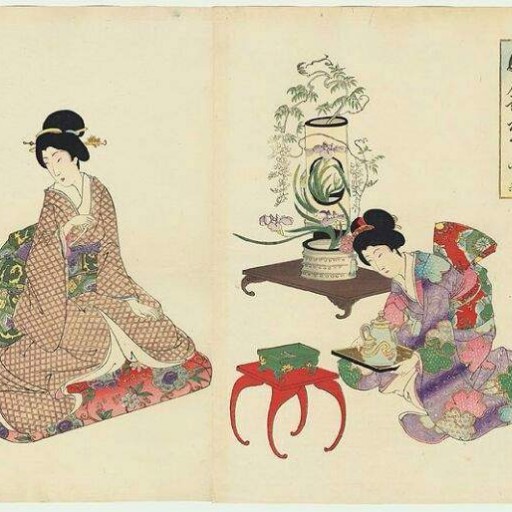Nianshen Song
(PhD Candidate, History, University of Chicago)
“Immigrants, Mobility, and Banditry: the Formation of the ‘Kando’ Society”

Nov. 15 (Thursday) 4:00-6:00 p.m.
Location: Judd 313

Nianshen Song
(PhD Candidate, History, University of Chicago)
“Immigrants, Mobility, and Banditry: the Formation of the ‘Kando’ Society”

Nov. 15 (Thursday) 4:00-6:00 p.m.
Location: Judd 313
Deokhyo Choi
(PhD Candidate, History, Cornell University)
“Racializing the Postwar Crisis: Democratization and the Making of “the Korean Problem” in U.S./Allied-occupied Japan, 1946-1947”
May 17 (Thursday), 4-6 pm.
JHF Room (SS224)
Historical accounts on “postwar Japan” have often hailed the U.S./Allied occupation and democratization of Japan as a critical historical “break” from its ancien regime. Such conventional accounts operate upon a common temporal framework and relational binary in narrating the formation of a new democratic, “peace-loving” nation. Recently, both English and Japanese language studies have problematized the temporal binary framework centered on the issue of continuity and discontinuity and instead have started to illuminate a long historical trajectory that straddles the wartime and postwar periods. However, the relational binary of U.S.-Japan, another axis of the narrative framework of “postwar” history, still remains unquestioned in the scholarship. In other words, the formation of postwar Japan is primarily understood only from the viewpoint of U.S.-Japan relations. It is still essentially a story about U.S.-Japan(ese) direct encounters, collaborations, or “embracing.”
This paper challenges both the temporal and relational binaries underlying the history of postwar Japan. Diverging from conventional historical accounts on the democratization of Japan under U.S./Allied occupation, it begins with the question of how Japan’s “postwar democracy” was forged vis-à-vis the postcolonial Korean population in former metropolitan Japan. Through an examination of post-empire “race-making” that emerged in the form of the ideological reformulation of “the Korean problem,” this paper discusses how the new Japanese nation-state was framed through the reimagining of now-liberated Korean colonial subjects in Japan as well as through the embracing of U.S./Allied occupation.
Limin Teh
Ph. D Candidate, Department of History, University of Chicago
“Politics and Society in a Japanese Colonial Mining Town.”
Nov. 17 2011 (Thursday) 4-6 p.m.
John Hope Franklin Room (SS224)
Ryan Masaaki Yokota
PhD Candidate, Department of History
June 2, 4:00pm to 6:00pm
Place: John Hope Franklin Room, SS221
Yi Wang, PhD candidate
“Across the Western Pass:
Merchants, Migrants, and Chinese Expansion in Mongolia”
Jan. 13 (Thursday) 4:00-6:00 PM
Place: JHF room (SS 224)
Nianshen Song
“Discourse and Practice in the Tumen River Demarcation”
Oct. 14 (Thursday) 4:00-6:00 PM
Place: John Hope Franklin Room (SS 224)
The paper was available here.
April 22, 4-6 pm, Social Sciences 302
Takashi Fujitani, Professor of History, UCSD
“Koreans as Japanese Soldiers:
Reflections on Inclusionary or Polite Racism in WWII”
October 19th, Cobb 219, 4-6 pm
Professor Shao Dan, UIUC, Assistant Professor EALC and Gender/ Women’s Studies
“Chinese by Definition: Nationality Law, Jus sanguinis, and State Succession (1909-1980)”
Note: For this date only, the workshop will be held in Cobb 219.
Limin Teh
Graduate student in History
University of Chicago
(paper available soon)
“Producing Race in Fushun: Japanese Colonialism and Chinese Labor in a
Northeast Chinese Town, 1906-45”
May 14 Thursday 4-6pm
Social Sciences Tea Room (SS201)
please note we will be meeting on Tuesday rather than Thursday
Fabio Lanza
Professor of East Asian Studies
University of Arizona
with a response from
Bruce Cumings
Professor of History
University of Chicago
March 31 Tuesday 4-6pm
Social Sciences Tea Room (SS201)